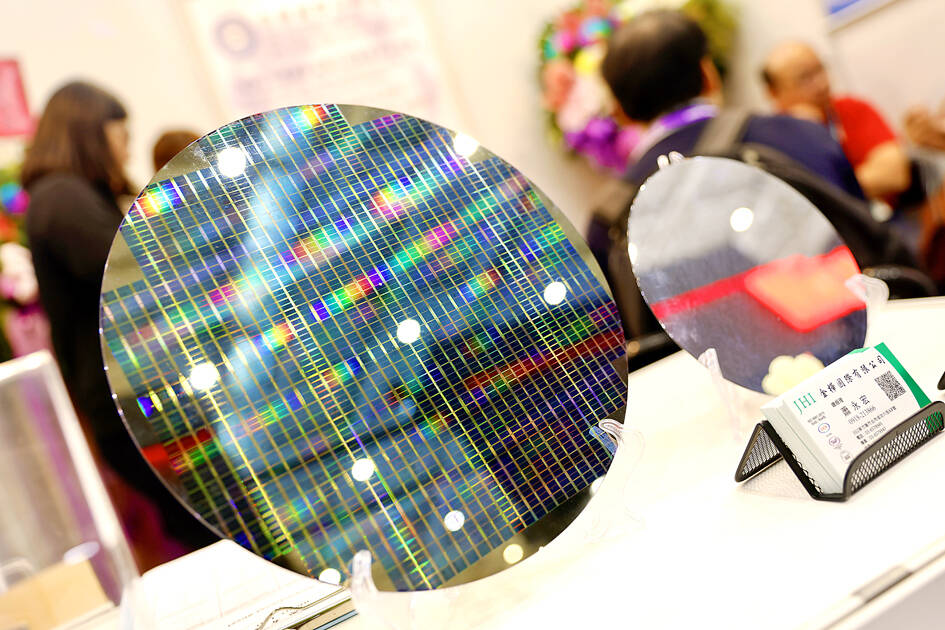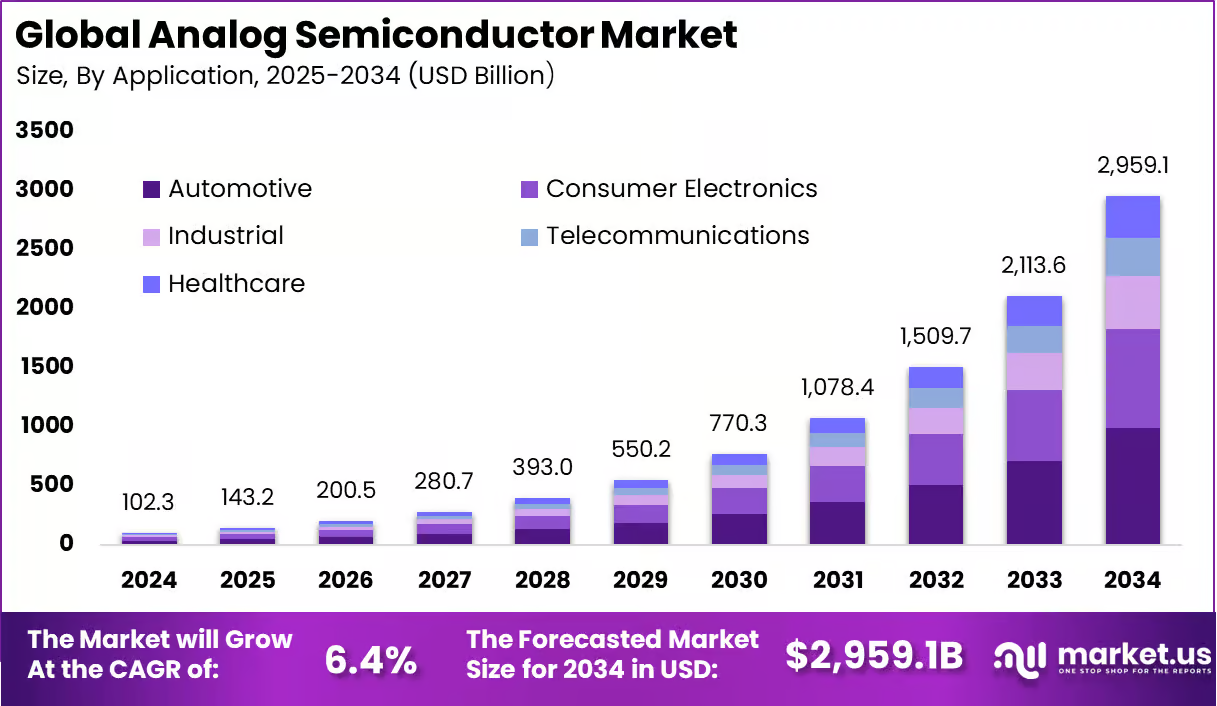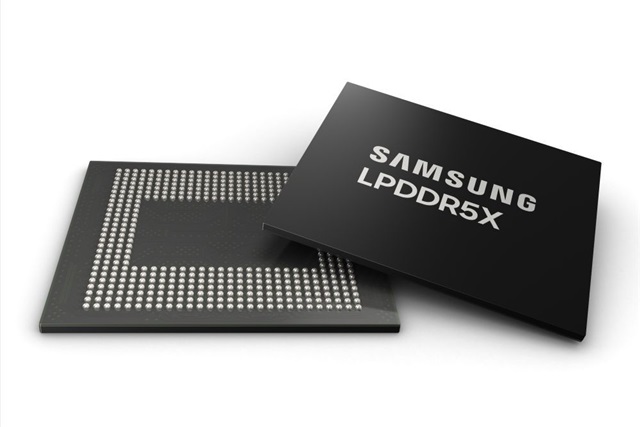Taiwan’s semiconductor industry is expected to see its production value grow by 16.5 percent next year to top NT$6.17 trillion (US$192.28 billion) for the first time, fueled by sustained demand for artificial intelligence (AI) and high-performance computing (HPC) devices such as servers and data centers, the Industrial Technology Research Institute (ITRI, 工研院) said yesterday.
That meant Taiwan would outpace the global semiconductor industry, which is expected to expand by 12.5 percent in production value to US$684 billion next year, according to the institute.
Taiwan’s foundry sector would be the biggest beneficiary of this AI boom, with an annual expansion of 20.1 percent in production value next year to NT$3.86 trillion, Terry Fan (范哲豪), a semiconductor analyst with ITRI’s Science and Technology International Strategy Center, said at an industry forum in Taipei.

The foundry sector’s production value would reach NT$28.60 billion next year, thanks largely to robust demand for advanced technologies including 3-nanometer and 2-nanometer chips, Fan said.
“The rise of generative AI is stimulating demand for HPC devices that are powered by advanced chips,” Fan said. “That is reflected in the fact that more than half of Taiwan Semiconductor Manufacturing Co’s (TSMC, 台積電) wafer revenue came from HPC chips.”
TSMC is a major supplier of 3-nanometer technology in the industry and would be the world’s first to offer 2-nanometer technology next year, the company said.
The production value of local chip packaging and testing service providers next year is projected to grow 12.7 percent to NT$700 billion, an all-time high, as firms use advanced technologies, primarily 2.5-dimension chip-on-wafer-on-substrate technology, to package advanced chips used in AI and HPC devices, Fan said.
A recovery in sales of smartphones, PCs and other consumer electronics would also propel growth, he said.
Globally, the advanced packaging market next year would surpass the traditional chip packaging market for the first time and would make up about 51 percent of the total chip packaging market, the institute projected.
ITRI yesterday also raised its growth forecast for the nation’s semiconductor producers to 22 percent, or NT$5.3 trillion, up from its previous estimate of 17.7 percent. This would be the highest year-on-year increase since 2021.
It attributed the upward adjustment to faster-than-expected growth in the foundry sector, which is expected to see production value grow 27.5 percent this year, compared with an earlier estimate of 20.2 percent growth, the institute said.
Local chip designers are also expected to grow at a faster rate of 16.5 percent this year, up from the previous estimate of 5.1 percent, it added.
However, the institute trimmed its growth forecasts for chip packagers and chip testers to 8.6 percent and 5.2 percent respectively this year, down from previous estimates of 10.5 percent and 13.3 percent.
Stay up to date with the latest in industry offers by subscribing us. Our newsletter is your key to receiving expert tips.

The market size of analog semiconductors was recorded at USD 102.3 billion in 2024 and is projected to register consistent expansion, rising from USD 143.2 billion in 2025 to approximately USD 2,959.1

On 27 July 2025, European Union and United States of America reached a political agreement on tariffs and trade. The transatlantic partnership is a key artery of global commerce and is the most signif

Samsung Electronics will raise contract prices for DRAM and NAND flash in the fourth quarter of 2025, industry sources told Newdaily.co.kr. The move reflects shrinking output of legacy products and su